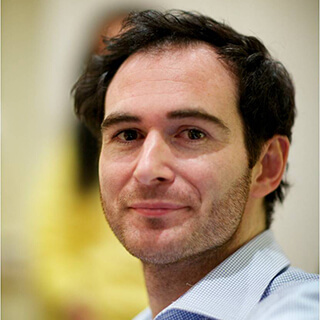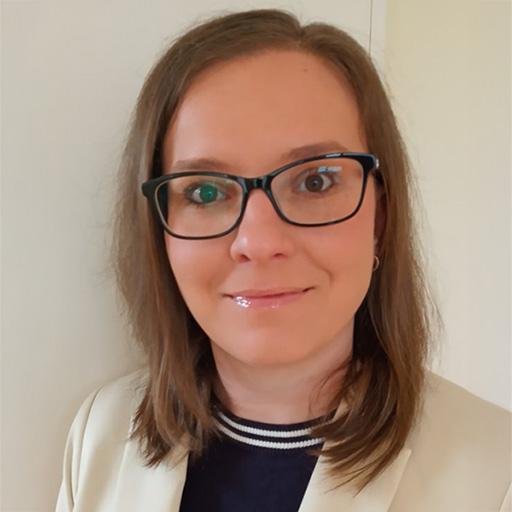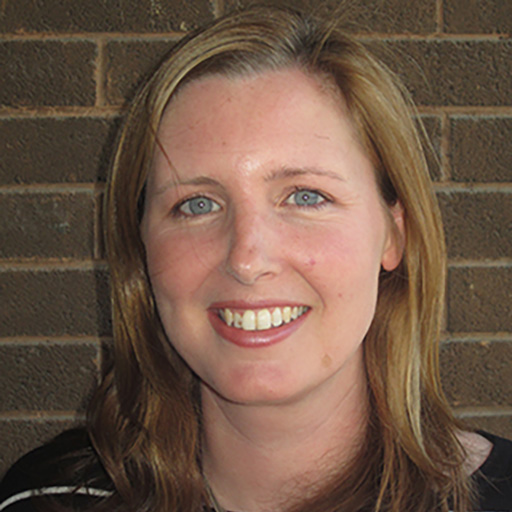
MatthewCampbell
PhD
Location
Dublin, Ireland
Current Organization
Trinity College Dublin (Ireland)
Biography
Dr. Matthew Campbell is an Associate Professor in Genetics and leader of the Neurovascular Genetics Laboratory at Trinity College Dublin, currently serving as the Head of Department at the Smurfit Institute of Genetics. He has over 18 years of research expertise in the area of blood-brain and blood-retina barrier biology and has received numerous awards and honors for his work in this field. He spearheaded the development of patented neural barrier modulation technology with a broad range of applications in retinal and neurological conditions, from facilitating small molecule delivery to the retina and the brain to alleviating cerebral edema and post-traumatic brain injury. He pioneered the work on IL-18 as an immunotherapy for wet AMD and continues to pursue a range of novel therapeutic solutions for the treatment of AMD and glaucoma. He has published numerous scientific papers, reviews, and book chapters in the area of neurovascular barrier biology, organized a number of scientific meetings and conferences, and regularly completes publication and grant reviews for a number of international journals and funding bodies. He has been highly successful in securing significant national and international research funding, highlighted by a recent award of the European Research Council Consolidator Grant, one of Europe’s most prestigious research schemes.
“Almost everyone knows somebody who has been affected by Alzheimer’s. In my case, it was my great-aunt Helen, whose daughter Claire called it ‘a very lonely illness for both the patient and their carers.’ At my request, Claire recounted some of the challenges she faced during her mother’s illness. They included a lack of information and support and a stigma attached to Alzheimer which made dealing with it much worse.
My mother, who had reared me in a most wonderful loving home, was now in need of my care and attention. I was given no real tangible information except that her medical condition would deteriorate. Myself and my wonderful husband and children were the only real day-to-day support my mother had. As the illness progressed her physical health became more frail and her speech very limited, there was still no information. We just muddled along.
Claire and her family never had an opportunity to learn about research into AD, including clinical trials and the hope of drug development. Through ADR grants, and its efforts to publicize promising research on its website, BrightFocus offers hope to millions of families like Claire’s who are alone and coping with the burden of this disease.”
Grants
Grants Featuring
Matthew Campbell, PhD
Macular Degeneration Research
Investigating Multiarmed Cell Death (PANoptosis) in Dry AMD Progression
Active Dates
July 01, 2022 - June 30, 2025

Principal Investigator
Lucia Celkova, PhD
Investigating Multiarmed Cell Death (PANoptosis) in Dry AMD Progression
Active Dates
July 01, 2022 - June 30, 2025

Principal Investigator
Lucia Celkova, PhD
Macular Degeneration Research
Investigating a Role for Toll Like Receptor 2 Signaling in the Pathogenesis of AMD
Active Dates
July 01, 2013 - June 30, 2016

Principal Investigator
Sarah Doyle, PhD
Investigating a Role for Toll Like Receptor 2 Signaling in the Pathogenesis of AMD
Active Dates
July 01, 2013 - June 30, 2016

Principal Investigator
Sarah Doyle, PhD
Macular Degeneration Research
The Inflammasome and Novel Therapeutic Targets in AMD
Active Dates
July 01, 2011 - June 30, 2013
Principal Investigator
Pete Humphries, PhD
The Inflammasome and Novel Therapeutic Targets in AMD
Active Dates
July 01, 2011 - June 30, 2013
Principal Investigator
Pete Humphries, PhD
Alzheimer's Disease Research
Novel Amyloid-Beta Clearance Mechanisms at the Blood-Brain Barrier
Active Dates
July 01, 2015 - June 30, 2018

Principal Investigator
Matthew Campbell, PhD
Novel Amyloid-Beta Clearance Mechanisms at the Blood-Brain Barrier
Active Dates
July 01, 2015 - June 30, 2018

Principal Investigator
Matthew Campbell, PhD



